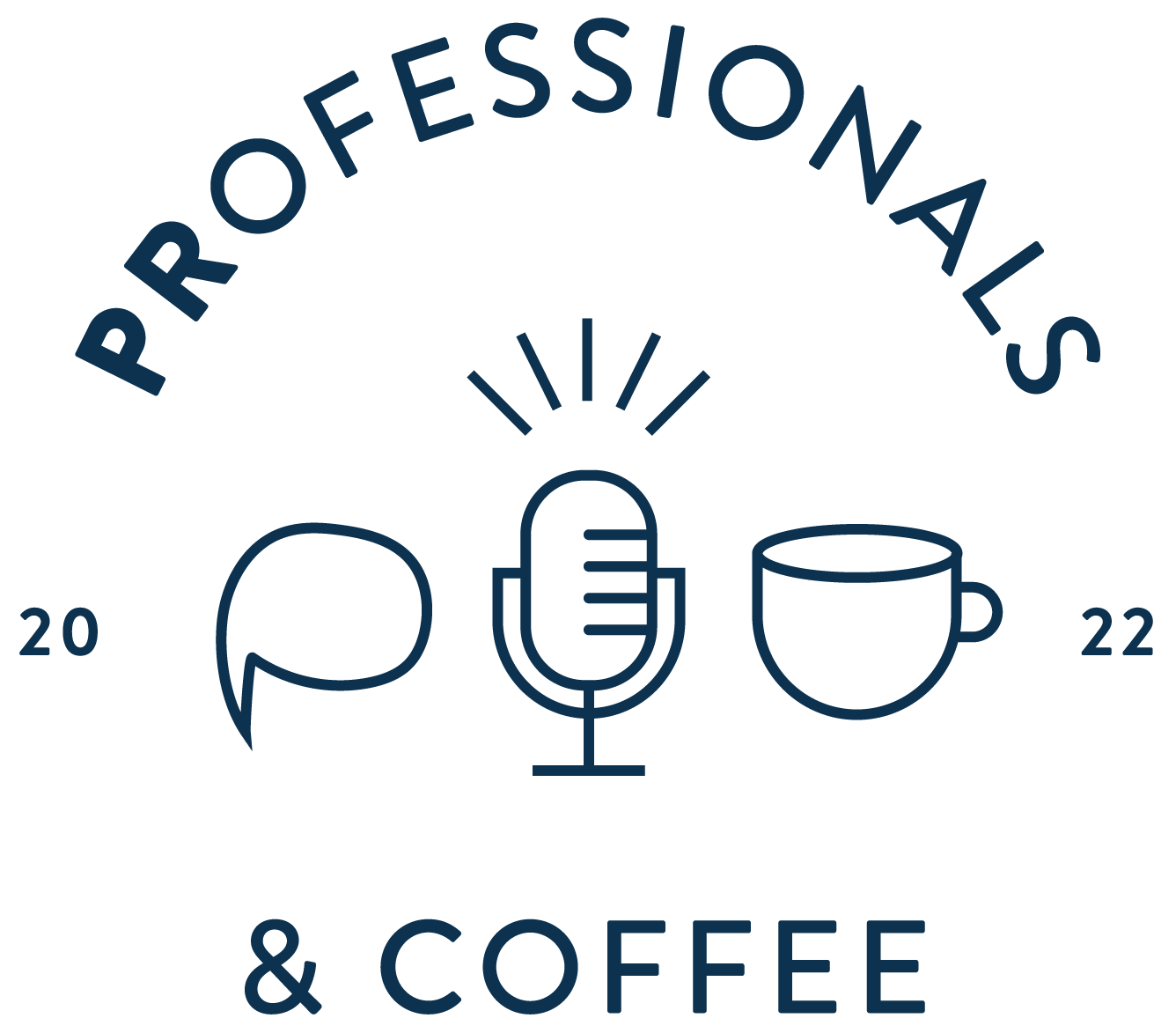On Jan. 20, Hangzhou-based artificial intelligence company DeepSeek released the newest iteration of its large language model (LLM) program: DeepSeek Chatbot, a text-generating app that, within a week of its public drop, outperformed competitor ChatGPT as the most-downloaded freeware app on the United States iOS App Store. To be sure, the field of
LLM software comprises far more entities than its two top corporate names; a quick Google search for “ai writing tool” produces links for dozens of free generative ai programs.
In k-12 and university classrooms alike, teachers resort to anti-plagiarism measures of varying severity to prevent students from setting down their pens in favour of the predictive text. My personal academic experience over the past few years has seen an unprecedented emphasis on the cultivation of the “writer’s voice” over other compositional aspects, such as grammar and spelling. Professors, desperate for signs of human error in their students’ works, are changing the critical lenses through which they read course papers. In short, LLM programs have become a pervasive force in U.S. academics that have already begun to inform the classroom experience –– but how, if at all, has generative AI impacted the professional field?
The world of short-form publication has been infiltrated by AI-produced articles. In Nov.
2023, an investigation by Futurism revealed that Sports Illustrated had been publishing articles written by LLM software and credited under the names of fictional authors. Another article by Futurism found a series of product reviews on USA Today that had also been generated with AI and attributed to fake writers. Both Sports Illustrated and USA Today claimed to have sourced their articles from AdVon Commerce, a third-party company that purports to “transform” clients’ “retail site search experience” and boost ad revenue.
The traceable use of LLMs in syndicated journalism was a bombshell development in the
ever-technologizing world of the press, and raised an existential question for writers in the
professional field: Am I needed anymore? A question to which this writer would fervently
answer Yes! You are needed now more than ever!
Human writing, with all of its inconsistencies and linguistic quirks and rhythms, is
uniquely valuable for the sole reason that it was created by a human. Even if AI-produced work develops its own niche in the career world, the ethos of the flesh-and-blood author will prevail.

